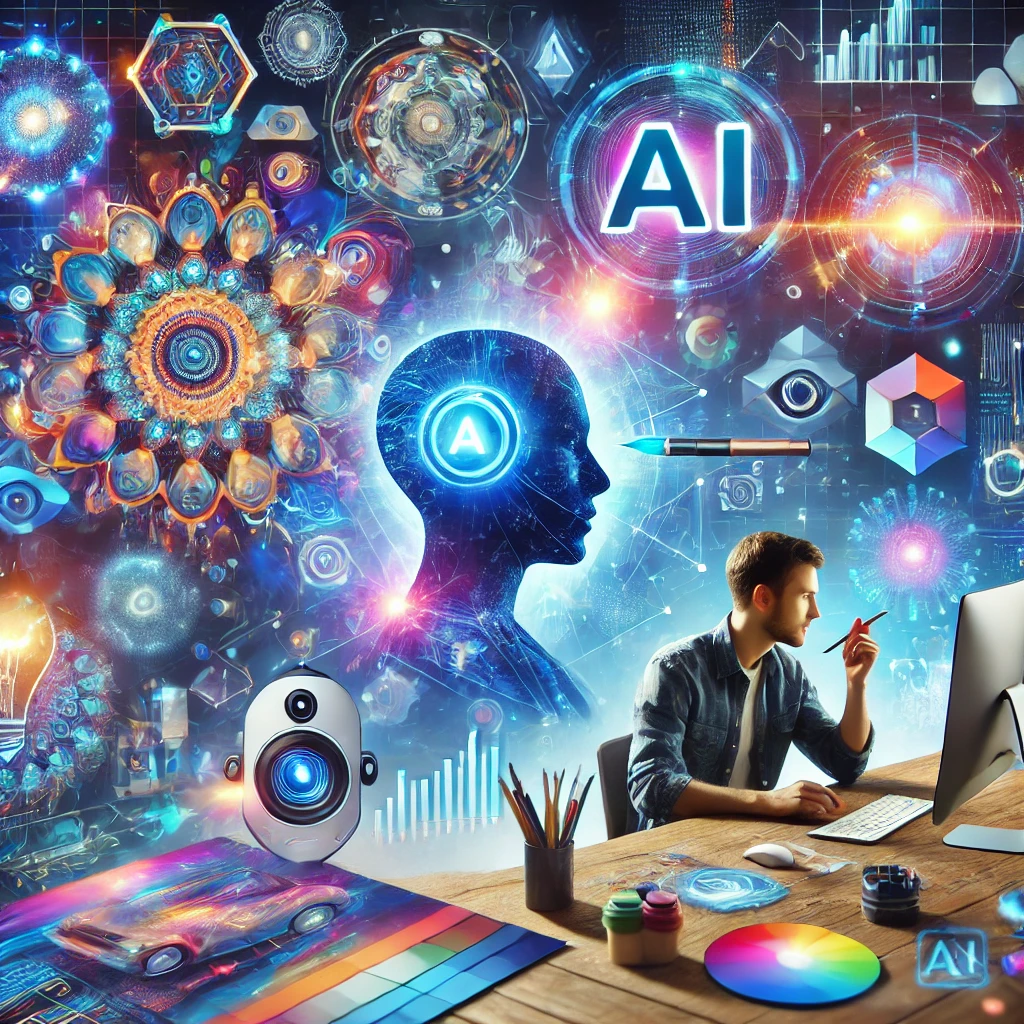Artificial intelligence has rapidly emerged as one of the most technically provocative technologies with colossally huge potential to revolutionize healthcare service and outcomes. Tapping into machine learning algorithms, natural language processing, and computer vision, AI gives way for change in every facet of health care, from diagnostic interpretation and personalized treatment plans down to administrative tasks and patient engagement. The current research proceeds to discuss current applications of AI in healthcare, associated benefits to patients and service providers, challenges that come with its integration, and ethical considerations.
The Promise of AI in Diagnostics
The most auspicious applications of AI in health care lie in diagnostics.
AI algorithms can project heaps of medical data, including imaging scans, genetic information, and patient records, to help healthcare professionals in making accurate and timely diagnoses. For example, AI-driven algorithms in radiology study abnormalities in medical images such as X-rays, MRIs, and CT scans with an accuracy at par or even surpassing human radiologists.
It enhances the speed of diagnosis, hence reducing the chance of a missed diagnosis and errors, which would improve the patient’s outcome.
AI in diagnostics goes much beyond medical imaging. NLP algorithms are being used to parse unstructured clinical notes and research through literature for relevant information and context that substantiates clinical decisions. That will give healthcare providers the ability for quick access to critical insights and evidence-based recommendations that help set more informed treatment plans, attuned to the unique medical history and condition of each patient.
Personalized Medicine and Treatment Optimization
AI also fosters the development of customized medicine by mining data on individual patients to design therapy systems based on combinations of genetic, environmental, and lifestyle variables. Machine learning algorithms learn patterns and correlations in big data and thus predict over time how patients will respond to various treatments, medications, or interventions. This allows healthcare providers to focus their treatment strategies, minimize side effects, and improve the quality of care for their patients.
Further, AI-driven predictive analytics can model the progression toward certain diseases and identify, early on, patients at a very high risk for specific conditions so that early intervention and proactive management may be initiated. Such a proactive approach will not only improve patient outcomes but also help reduce healthcare costs by avoiding unnecessary hospitalization and serious complications of chronic diseases.
Operational Efficiency and Healthcare Delivery Enhancement
Not only will AI benefit clinical applications, but it is also increasing operational efficiency and healthcare delivery in all settings. It automates a number of administrative tasks, including appointment scheduling, billing, and medical coding, so that more time can be directed toward direct patient care. AI-driven virtual health assistants enhance patient engagement and support through the provision of tailored health information, answering questions, and remote monitoring for chronic diseases.
AI-empowered telemedicine systems facilitate a doctor’s virtual consultation, diagnosis of minor sicknesses, and even virtual prescription of medicines. That improves health services access in relatively rural or remote areas, reduces the average waiting time spent by patients, and increases the accessibility and affordability of healthcare.
Ethical Issues and Challenges
Though AI in health care possesses immense transformative potential, it is still encumbered by several ethical considerations and challenges. The first consideration is patient privacy and the security of their data. The algorithms that provide the backbone of AI are powered by vast amounts of sensitive information from patients to train and increase their accuracy.
There needs to be proper and enhanced encryption of data, as well as anonymization techniques that would really follow through with regulatory guidelines, such as HIPAA, toward the protection of patient confidentiality and mitigating the risks associated with data breaches.
There is a rising concern over algorithmic bias and fairness of AI-driven health applications. The biases either in training data sets or inherent within algorithmic decision-making processes are sure to turn into disparities in diagnosis and treatment recommendations, as well as in the related patient outcomes for different demographic groups. These biases will need to be addressed through transparency in algorithm design, ongoing monitoring for detecting bias, and the construction of inclusive datasets that represent a wide range of diverse patient populations for testing purposes.
The Role of Healthcare Professionals in the AI Era While AI can definitely support clinical decision-making and increase the efficiency of healthcare delivery, there is a need to emphasize once more that health professionals will complement AI. Human experience, empathy, and discretionary skills cannot be replaced by AI. On the other hand, interpreting these insights that AI provides, incorporating them into a care plan for patients, and communicating those implications effectively to patients are considered crucial duties of health professionals if informed decisions and individualized care are to be ensured.
Beyond these, health professionals need to acquire digital literacy skills and training in using AI technologies within their practice. As a result, continuous education and professional development programs would become paramount for retaining ethical standards in delivering patient care by ensuring that healthcare professionals attain skills and adaptability within evolving landscapes of AI-driven healthcare.
Future Directions and Innovations
The future of AI in healthcare remains bright for innovation and improvements. Wearable devices, remote monitoring systems, and AI-powered robotics are only some of the new technologies that will go on revolutionizing the delivery of care to patients, managing chronic diseases, and improving healthcare outcomes. For example, AI-driven robotics can aid surgery by providing real-time feedback during surgery to surgeons for increased precision and minimized surgical complications. In fact, it is further foreseen that AI research continues and that close collaborations result between academia, the industry, and health organizations in developing AI-driven solutions for rare diseases, handling drug discoveries, and population health management. This will integrate AI with other state-of-the-art technologies like blockchain to actualize these possibilities of delivering personalized, effective, and fair healthcare services across the globe. Conclusion Finally, AI is one of the most influential change forces in health care, particularly in critical innovations such as diagnostics, personalized medicine, operational efficiency, and patient engagement. There are certain integration ethics challenges and considerations for AI in health care; however, its potentials cannot be denied in improving clinical outcomes, enhancing patient care delivery, and potentially reducing health disparities. If treated collaboratively—with responsible AI practices and an emphasis on patient-centered care—AI holds full potential to create an accessible, efficient, and more equitable healthcare system for all. Above everything, as we tread our way forward at pesed pace amidst the challenges and opportunities in AI-driven healthcare, ethically proper guidelines, patient privacy protection, and the role of healthcare professionals have to be streamlined and aligned so that AI technologies automate and augment medical practice for the betterment of care while making constructive contributions to medical progress in sustainable ways.

 Cart is empty
Cart is empty 
Leave A Comment